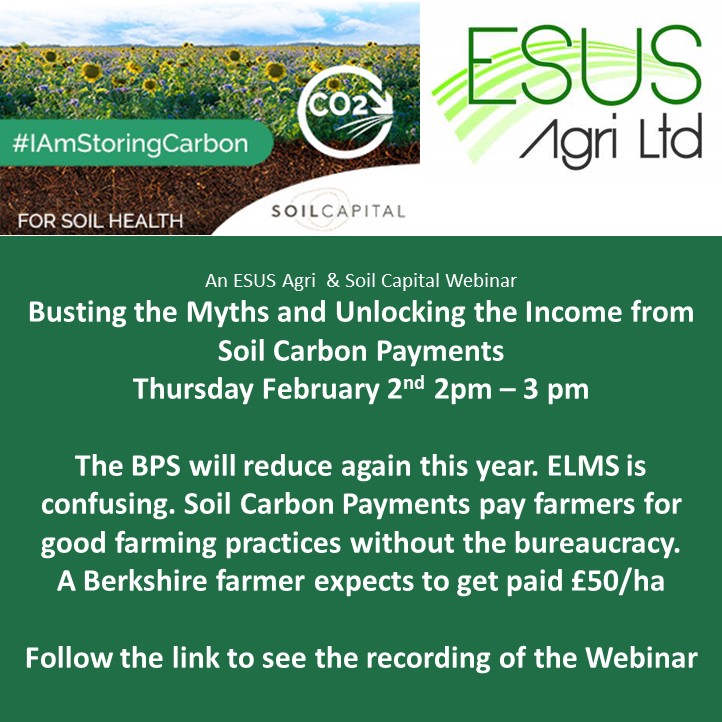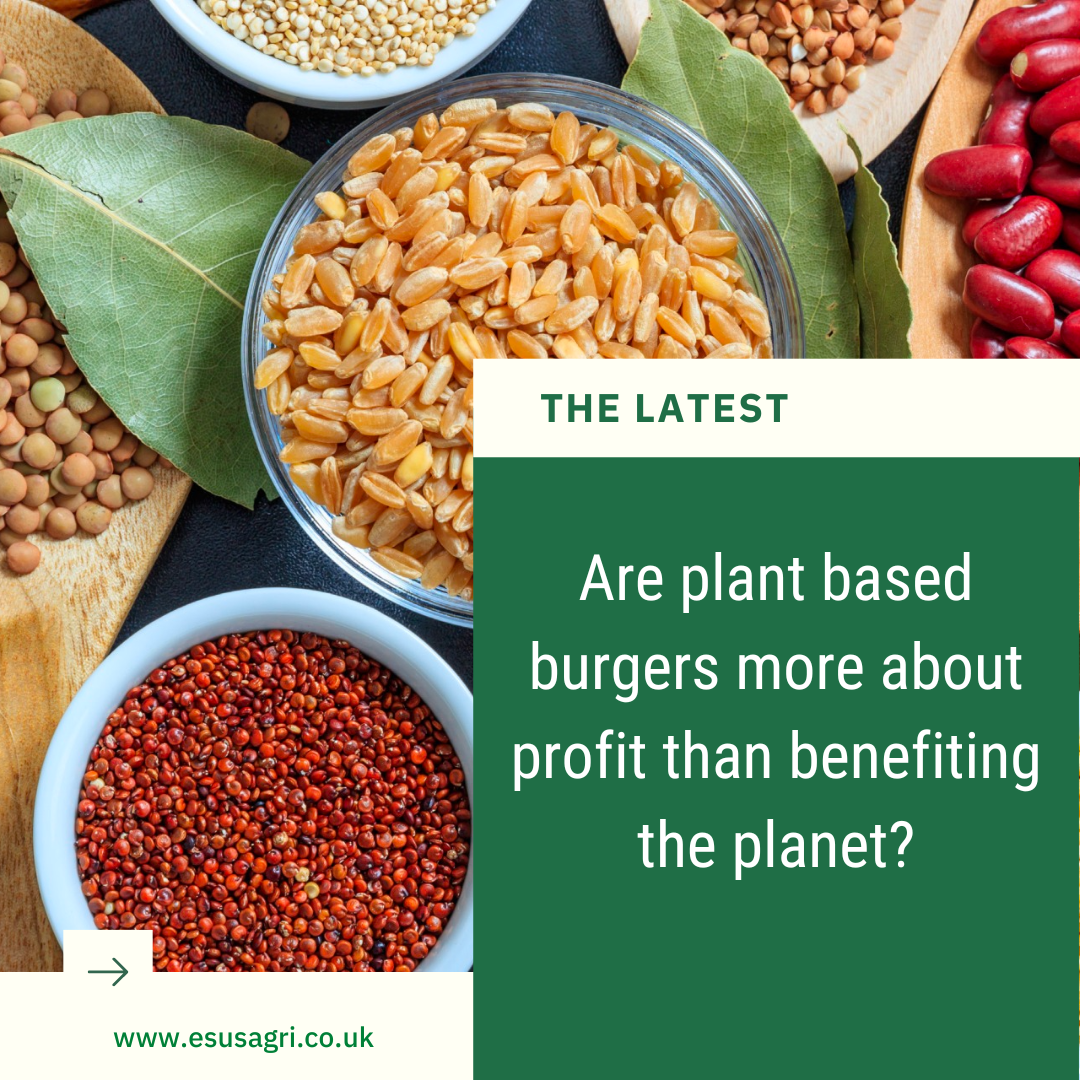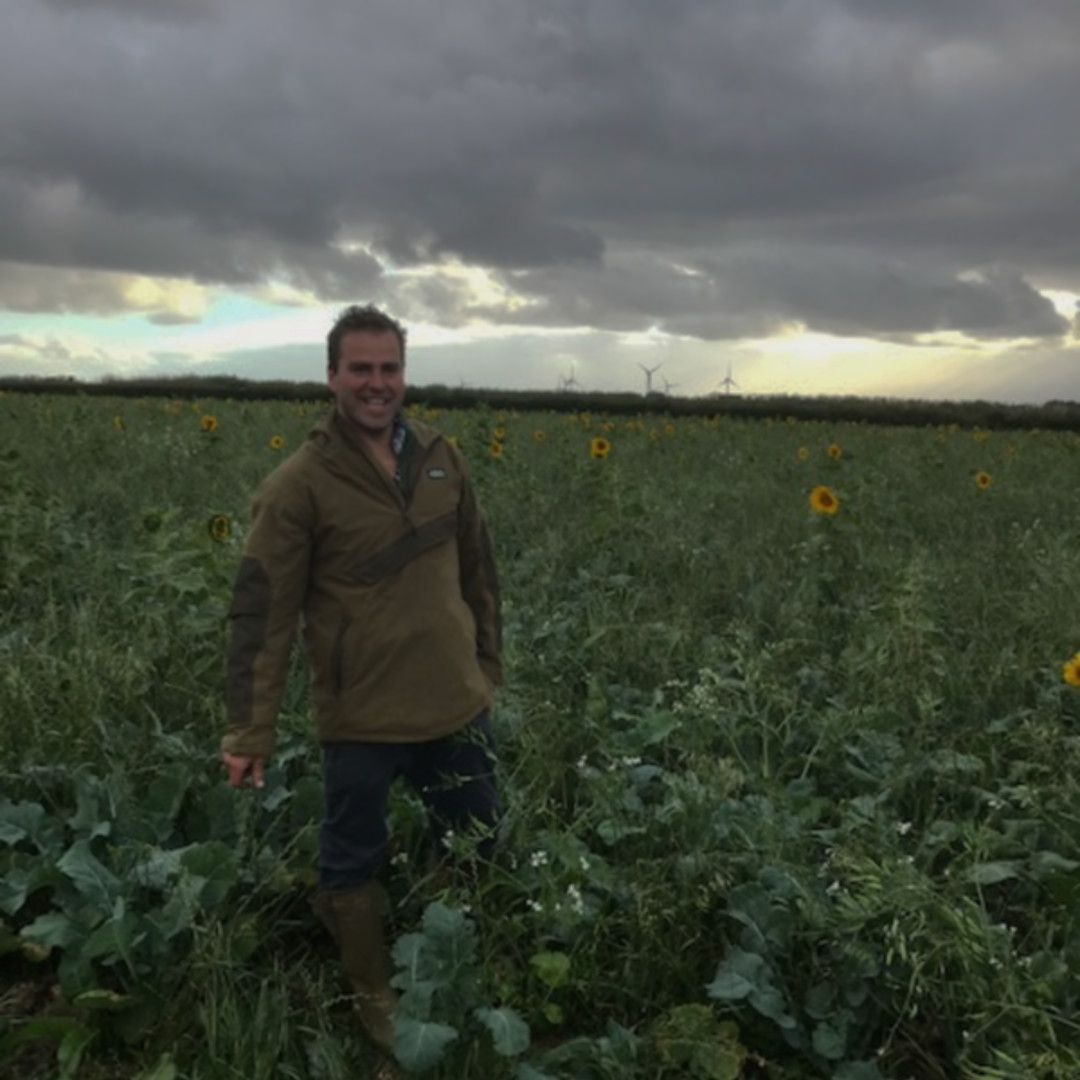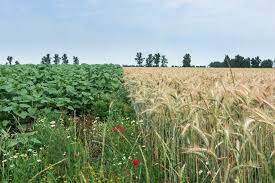While farm diversification has been around for a long time, it has recently come into sharp focus for many farmers as financial pressures and uncertainty grows. There’s never been a more perfect time to explore options and opportunities surrounding farm diversification. Whether it’s exploring new strategies such as starting a farm shop or cultivating existing options, there are many farm diversification ideas to uncover.
What is Farm Diversification
Farm diversification refers to efforts to boost income, spread risk and ensure farms are operating sustainably. It involves branching out from traditional farming and expanding to new income-generating activities. Many farmers are turning to diversification and exploring their options in order to diversify their income streams and be better equipped for an uncertain future.
Why Farmers Are Turning to Diversification
It goes without saying that UK farmers face an uncertain future following financial pressures and growing uncertainty in recent years. From policy changes and climate-related changes to changing consumer demands and profitability concerns, this has inevitably led to the necessity of diversification.
Farm Diversification Ideas & Examples

There are lots of options to explore when it comes to diversification. Here are our top 5 farm diversification ideas and examples you can choose from:
-
Set up a farm shop
Setting up a local shop like Jeremy Clarkson’s Diddly Squat shop and selling your produce can be a great way to diversify. According to a report by Harper Adams University, Farm shops alone generate a massive £1.4 billion in sales nationally while employing 25,000 workers. Not to mention overheads to get things started can be significantly less than other farm diversification ideas.
-
Open a farm restaurant
Farm restaurants that serve local, seasonal produce are becoming increasingly popular as consumers are beginning to take more interest in where their food comes from and the impact this has on the environment. This makes this a potentially lucrative option for farmers looking to diversify.
-
Explore agritourism options
Agrotourism is another farm diversification idea with a lot of potential. It offers a number of options including opening a bed and breakfast, offering farm tours, workshop and classes and creating camping or glamping accommodations.
-
Experiment with new off shoots
Farm businesses can also explore opportunities with new profitable crops or livestock they haven’t yet ventured into. With changing consumer demands, broadening your offering by utilising one of our farm diversification ideas is a great way to help you future-proof your business.
-
Hire or rent out your space
Renting out your space or hiring out your barn(s) for events, conferences and weddings can be a great way to diversify. Barn weddings in particular are increasingly gaining popularity, with a fifth of all couples opting to host their wedding at a barn or farm, making this a great route to explore.
Farm Diversification Grants

There are currently various farm diversification grants available for farming businesses. Our team of agricultural consultants are available to support you with advice and application processes. Below are two grants farm diversification grants available:
-
Farming Investment Fund
The Farming Investment Fund (FIF) provides grants to improve the productivity of farms and bring environmental benefits.
FIF is made up of 2 separate funds:
- Farming Equipment and Technology Fund (for grants between £2,000 and £25,000) Currently open closes on January 7, 2021. This smaller grant will be offered with the aim of boosting the performance of businesses. It gives farmers access to equipment that can increase productivity and reduce costs.
- Farming Transformation Fund (for grants between £35,000 and £500,000) This will aid the largest investments. These grants could be used for projects involving reservoirs and sustainable water storage, more environmentally friendly agricultural equipment, and robotic technology.
-
Farm Equipment and Technology Fund
The Farming Equipment and Technology Fund (FETF) provides support to farming businesses so that they can invest in equipment and technology to improve sustainable agricultural, horticultural, and forestry productivity.
The grants are for a minimum of £2,000 and a maximum of £25,000, a fixed amount for each item as set out in the details.
Items include:
- Feed pushing robots
- Direct drills
- Slurry dribble bars and trailing shoes
- Cattle crushes
- Cattle handling systems
Esus Agri Ltd have maintained a 100% success rate in getting their clients the grant they requested, including FIF and FETC grants. View all farm diversification grants and other funding options available here.
How Esus Agri Ltd Can Help You With Farm Diversification

Esus Agri Ltd has been helping farmers thrive since 1995. We have worked with farms from 40 ha to 100,000 ha, delivering sustainable solutions to enable the owners to achieve their goals. To learn more about farm diversification and discover how ESUS Agri Ltd can help you implement the best farm diversification options for your farm business, get in touch today.










